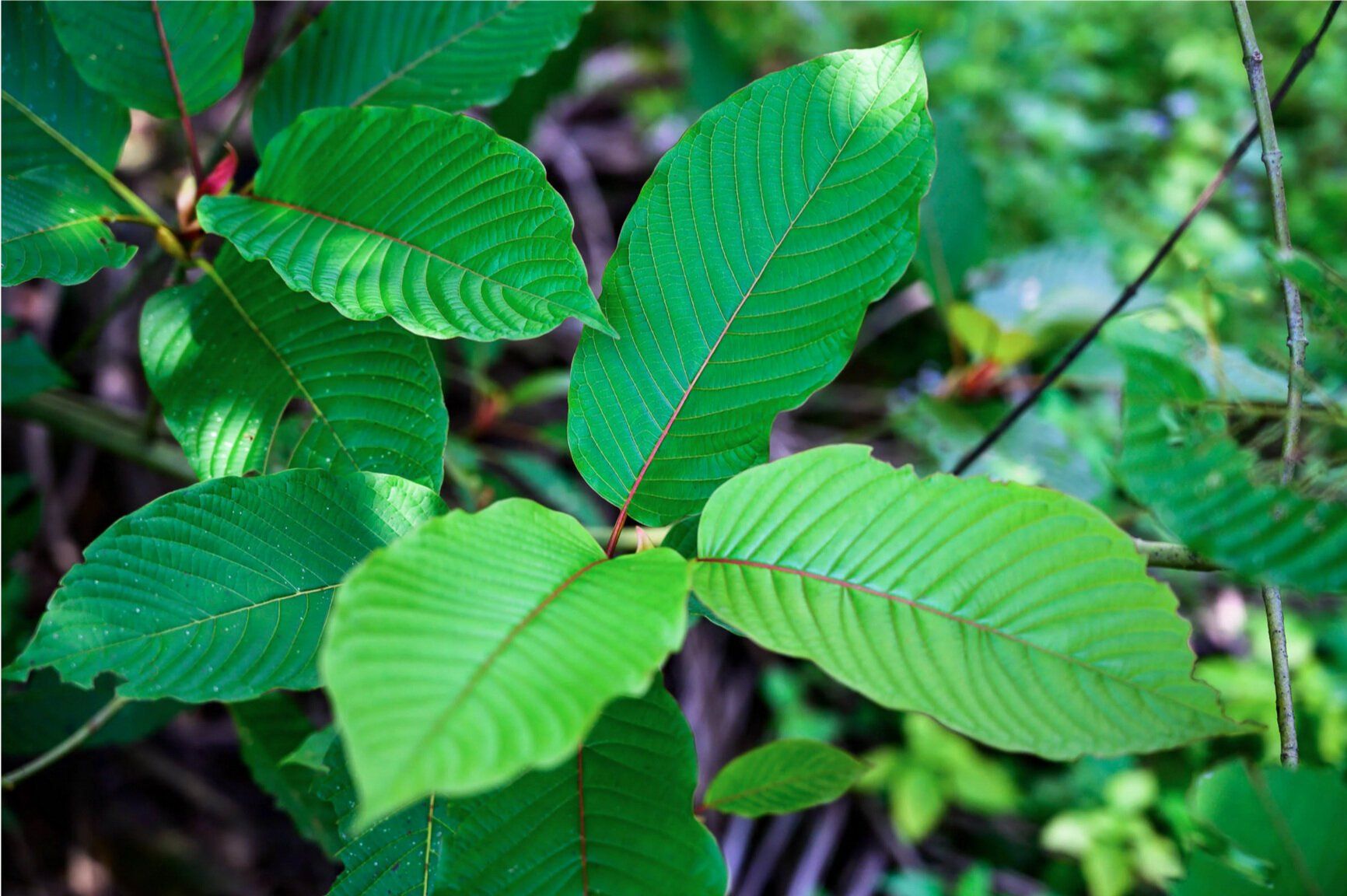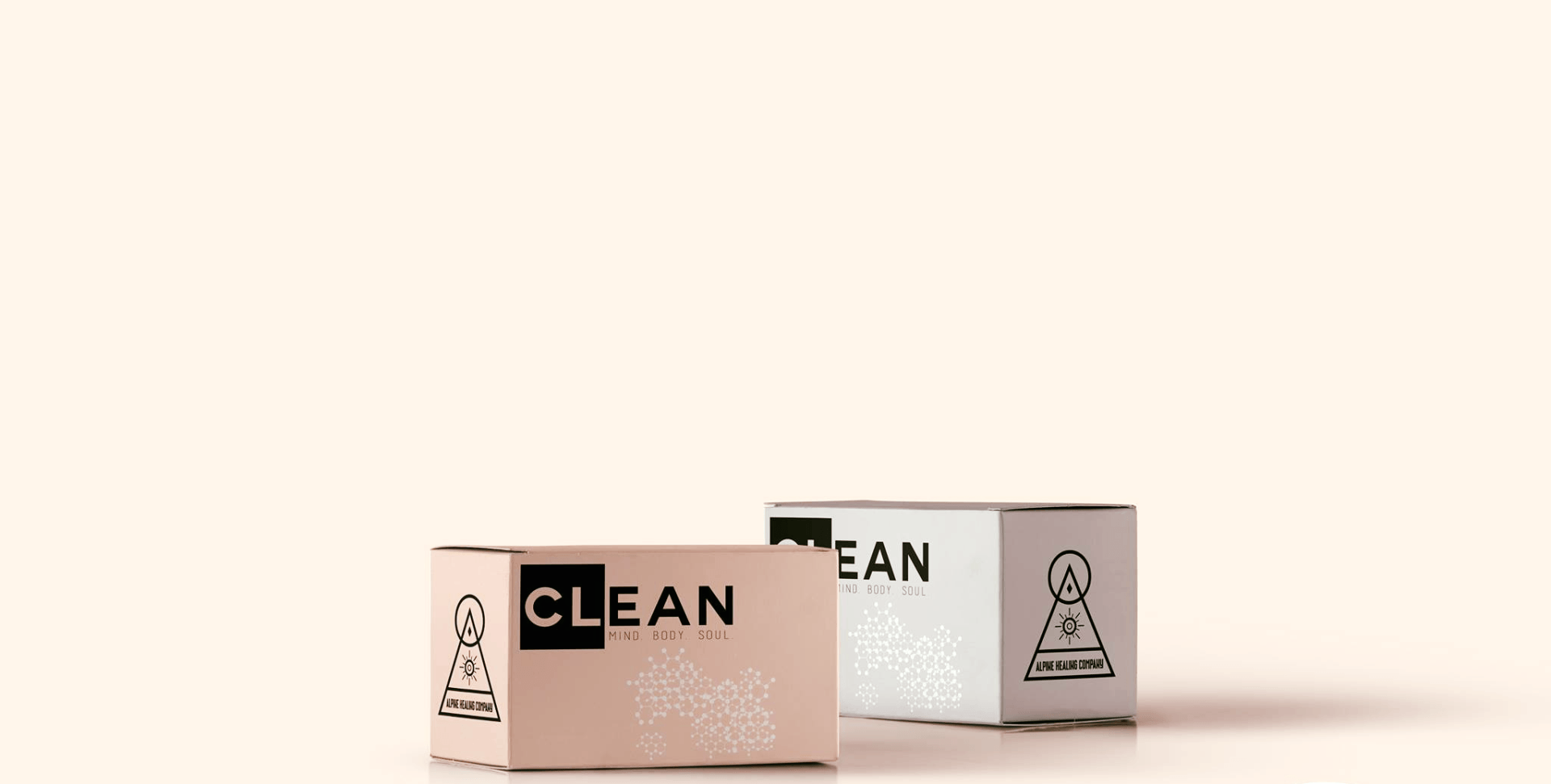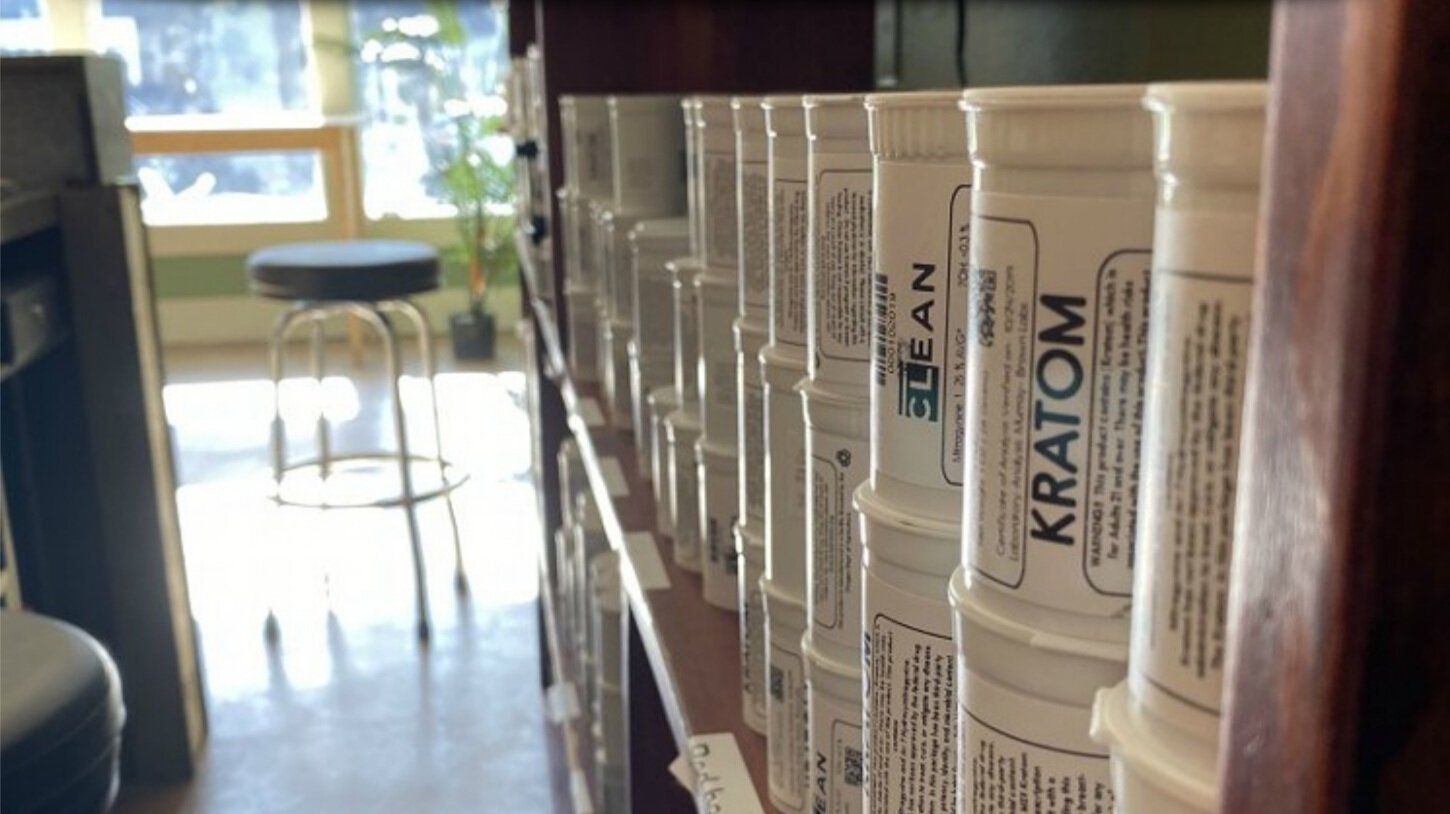The Importance of Tolerance Breaks
As you search the internet and spend time in kratom forums or social media, you often see people talking about kratom tolerance breaks. While many folks say they haven’t lost any effects after taking kratom daily for some time, there are just as many people who say the opposite. Possibly the most comments I see are “kratom has lost its mood boosting and pain relieving effects for me” or “why doesn't kratom do it for me anymore”? It happens often, and it happened to me. Let’s dive into the science of why kratom loses its effects after chronic use and what you can do about it.
Down-regulation
The best way to explain why kratom can stop working after a while is with the term “down-regulation”. Collins English Dictionary defines down-regulation as: “a decrease in sensitivity, through overexposure, to a drug or other chemical caused by a reduction in the number or density of receptors on cell surfaces.”(1) Simply put, when a psychoactive supplement (like kratom) is used every day, your brain becomes desensitized to it. The alkaloids in kratom that are responsible for your mood boost and pain relief can only trigger those receptors so many times before they “burn out” or “down-regulate”. This is why it is often suggested not to take kratom daily or to take breaks. To give your brain a rest and allow it to “heal”.
What Can You Do?
The obvious answer to this question is, take tolerance breaks. Some folks chose to take kratom five days on and then three days off. Others go with a cycle of three days on and two days off. Those that get the strongest effects from kratom only take it occasionally. Even one day off a week can help to repair and re-sensitize your brain. Still, while I always stress that kratom should not be used chronically, many people prefer to take it daily. If you are one of these, you aren’t out of luck. What goes down can come up.
Up-regulation
There are many supplements you can take and things you can do to repair your brain from down-regulation and to protect it. While abstaining from kratom (tolerance breaks) is a sure-fire method (and the most effective) here are some other things that can help to up-regulate your brain’s receptors from chronic kratom use:
- Exercise - rigorous physical exertion and cardio can do wonders for your health and brain function. It is vital for your central nervous system. Other than taking a tolerance break, exercise is absolutely the best way to keep your brain healthy.
- Supplements - natural supplements like Uridine and Acetyl-L-Carnitine can up-regulate dopamine receptors while Black Seed Oil and Agmatine Sulfate can repair the opioid receptors. There is an enormous amount of information on the internet about these types of supplements. Nootropics forums and websites are great places to learn more about which supplements can help.
- Hydration - water, water, water. Kratom is dehydrating, extremely dehydrating. Without h20 to carry oxygen to our cells, not only do our brain receptors suffer but our entire physiology does. I can’t tell you how many times the folks that use kratom everyday attribute hydration to its efficacy. I’m talking a gallon a day! Drink up.
In closing, the truly best way to make your kratom feel like it did the first time is with tolerance breaks. When you stop agonizing those receptors, they heal quickly on their own. And If you really want to get that tolerance down again, do all of the things I listed! Take a day off
and exercise while you intake lots of water (so.much.water.) and take a supplement or two.
Kratom is an amazing botanical that can greatly benefit your life. Help it by taking care of your brain, loving yourself, and thriving.
Sources
1. downregulation. (n.d.) Collins English Dictionary – Complete and Unabridged, 12th Edition 2014. (1991, 1994, 1998, 2000, 2003, 2006, 2007, 2009, 2011, 2014). Retrieved June 11 2022 from https://www.thefreedictionary.com/downregulation










